- Research Highlights
Experimental and numerical study of acoustic streaming in mid-air phased arrays
npj Acoustics







Tsukuba Institute for Advanced Research (TIAR) pioneers innovation by fostering free and creative thinking, cultivating interdisciplinary collaboration, and engaging in meaningful dialogue with society. We remain steadfast in our pursuit of new frontiers of knowledge, challenging the boundaries of conventional research and creating new value for the future.
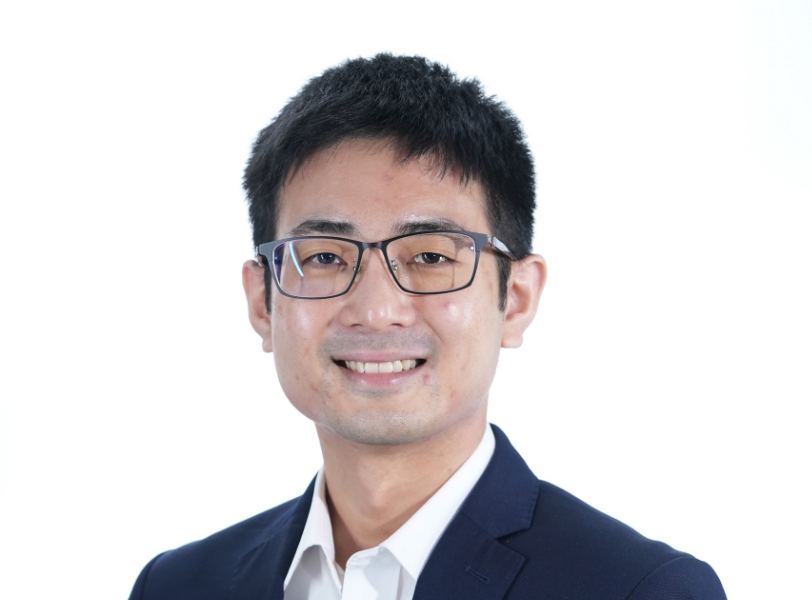
Experimental and numerical study of acoustic streaming in mid-air phased arrays
npj Acoustics
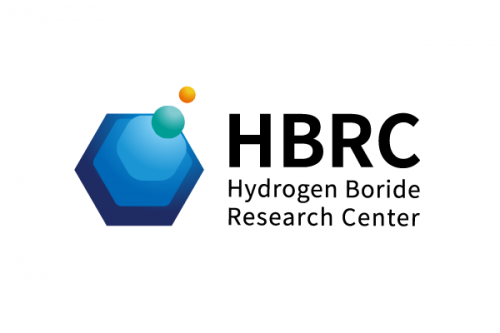
HBRC Seminar (2026/2/19 17:00, Advanced Laboratory Building B310) - Controlling Heat Conduction in Graphene and Carbon Nanomaterials by Strain and Isotope Engineering
Hydrogen Boride Research Center (HBRC)

248th WPI-IIIS Seminar (February 20, 2026) –The Brain on Coffee, Sleep, and Alcohol
International Institute for Integrative Sleep Medicine (IIIS)
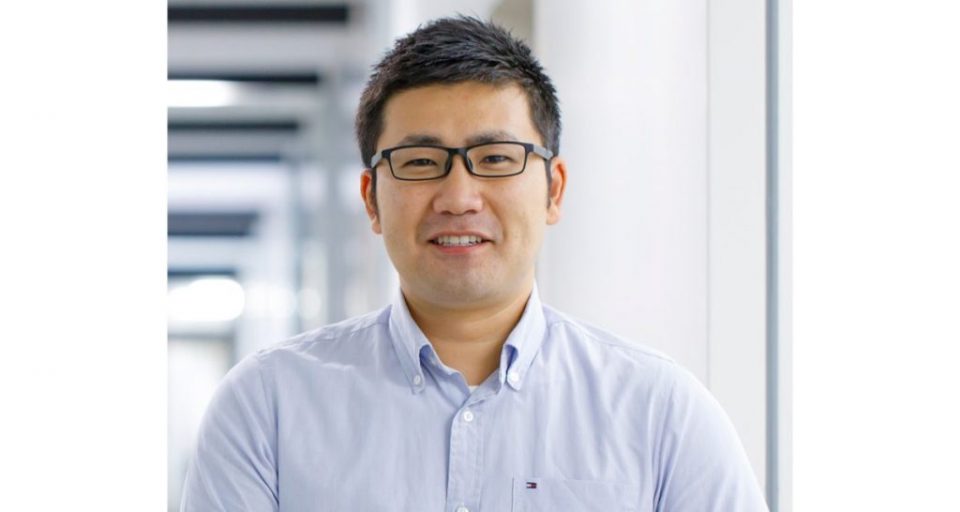
247th WPI-IIIS Seminar (February 18, 2026) -Total energy expenditure and body composition using stable isotope dilution methods in humans
International Institute for Integrative Sleep Medicine (IIIS)
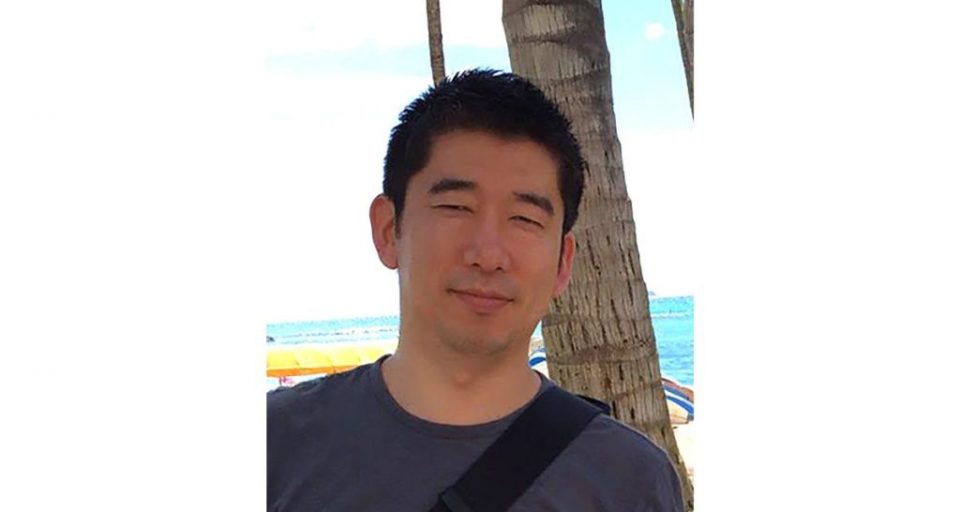
246th WPI-IIIS Seminar (February 12, 2026) -Multiscale Mechanisms Underlying Stress-Induced Behavioral Heterogeneity
International Institute for Integrative Sleep Medicine (IIIS)
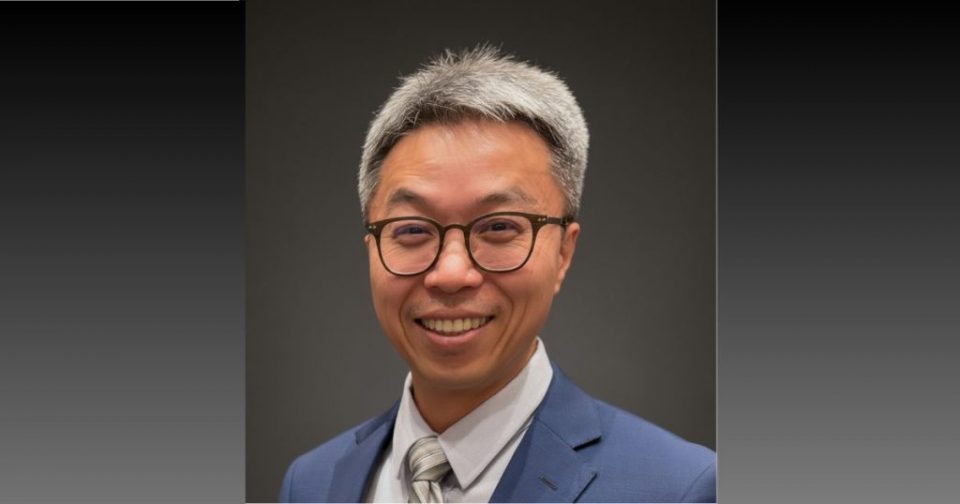
249th WPI-IIIS Seminar (January 21, 2026) -Fast Closed-Loop Brain Interfaces for Tomorrow’s Therapies
International Institute for Integrative Sleep Medicine (IIIS)

Visible-Light-Driven Hydrogen Release from Layered Hydrogen Silicane
Advanced Optical Materials
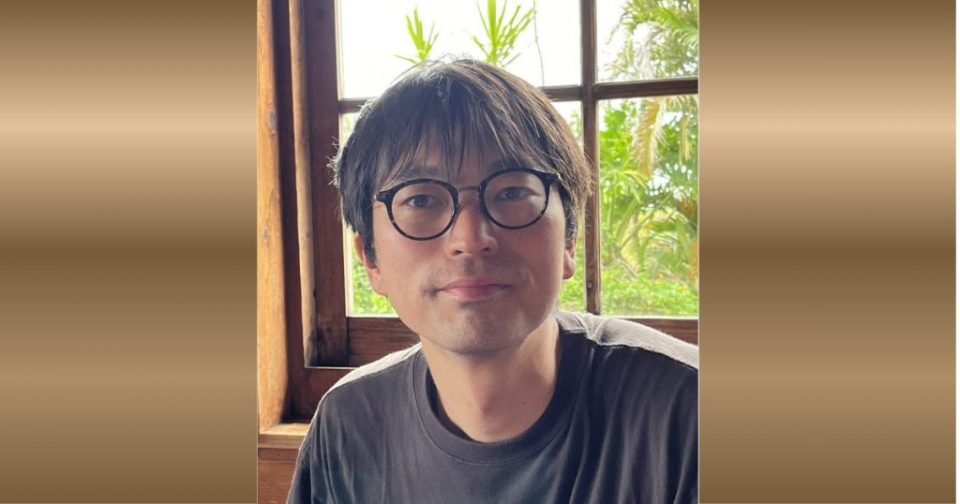
245th WPI-IIIS Seminar (January 21, 2026) -Artificial intelligence for understanding decision making of mouse brain
International Institute for Integrative Sleep Medicine (IIIS)

Development of a New Hydrogen Boride Material that Enables Easier Hydrogen Release by Incorporating Carbon
Small Structures 6 (2025) e202500578.
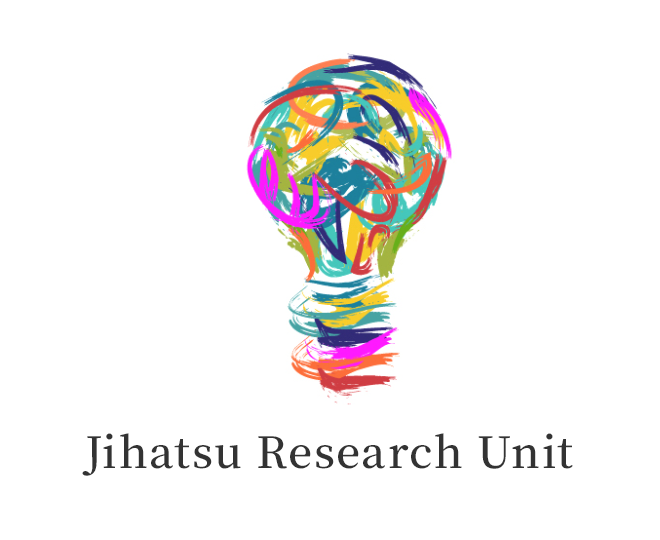
This unit is for early and mid-career researchers to deepen their research with creative freedom. The university secures research time for affiliated researchers through cooperation across all faculties, enabling researchers to generate new ideas through interdisciplinary collaborations. In an environment where diverse perspectives intersect, our goal is to empower researchers to shape the future and grow into world-class researchers.
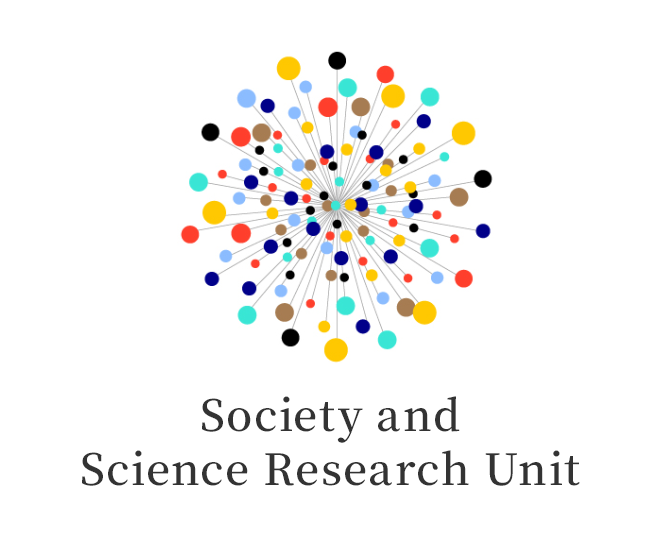
This unit advances academic inquiry by integrating social perspectives, with the aim of generating novel value. It convenes researchers across the natural sciences, humanities, and social sciences to engage in transdisciplinary collaboration aimed at formulating innovative responses to social issues. By investigating the interface between science, technology, and society, the unit seeks to construct frameworks that enable the effective transfer of research outcomes to real-world societal contexts. Researchers are encouraged to conceptualize visions of future societies from diverse perspectives and to contribute to the creation of foundational frameworks that underpin sustainable development.
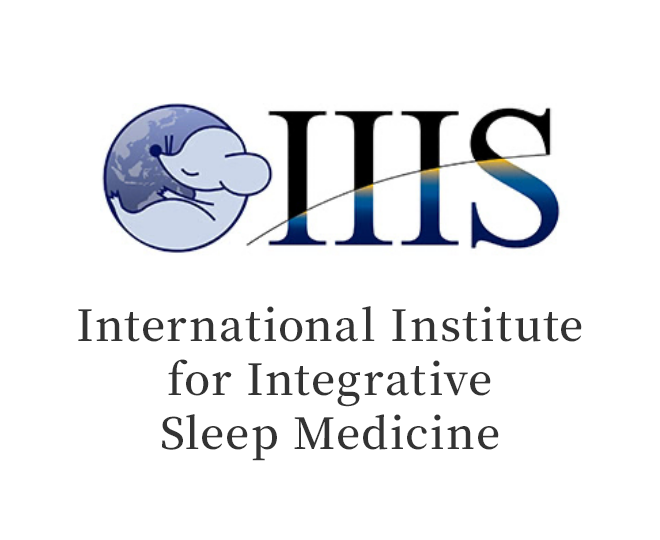
Although sleep is an everyday event, the nature of sleepiness, the physiological significance of sleep, and its associations with body functions remain poorly understood. It is reported that, in comparison to other countries, people in Japan have exceptionally short sleep time, which may cause performance decline, risks to both physical and mental health, and various economic losses resulting from the sleep debt. To address these issues, the International Institute for Integrative Sleep Medicine (IIIS) at the University of Tsukuba, under the leadership of Director Masashi Yanagisawa, has established the interdisciplinary field of integrative sleep medicine by combining neuroscience, clinical research, pharmaceutical science, and data science, and pursues the neuronal basis of sleep-wake control at the globally top level. Furthermore, as the university’s only World Premier International Research Center Initiative (WPI), IIIS promotes international brain circulation and serves as a hub institution in global scientific research.

Director of
International Institute
for Integrative Sleep Medicine
YANAGISAWA
Masashi
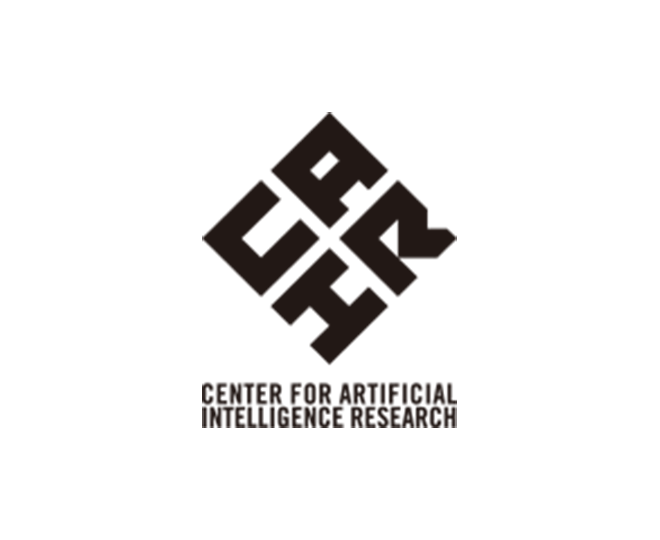
The Center for Artificial Intelligence Research (C-AIR) at the University of Tsukuba serves as a hub for AI-related research across the university and aims to develop AI that supports human activity. While clarifying the principles of knowledge representation, extraction, and utilization in AI, the center also promotes interdisciplinary research in areas such as ELSI (ethical, legal, and social implications), international regulatory alignment, privacy-enhancing AI, and quantum computing, contributing to the development of social infrastructure for human-centered AI. In 2024, a new Japan–U.S. AI cooperation framework was included in the joint statement of the Japan–U.S. summit. As part of this initiative, the University of Tsukuba formed a partnership with the University of Washington, Amazon, and NVIDIA to advance projects in robotics, health, aging, and longevity, climate and sustainability, improving AI model efficiency, and trustworthy AI.
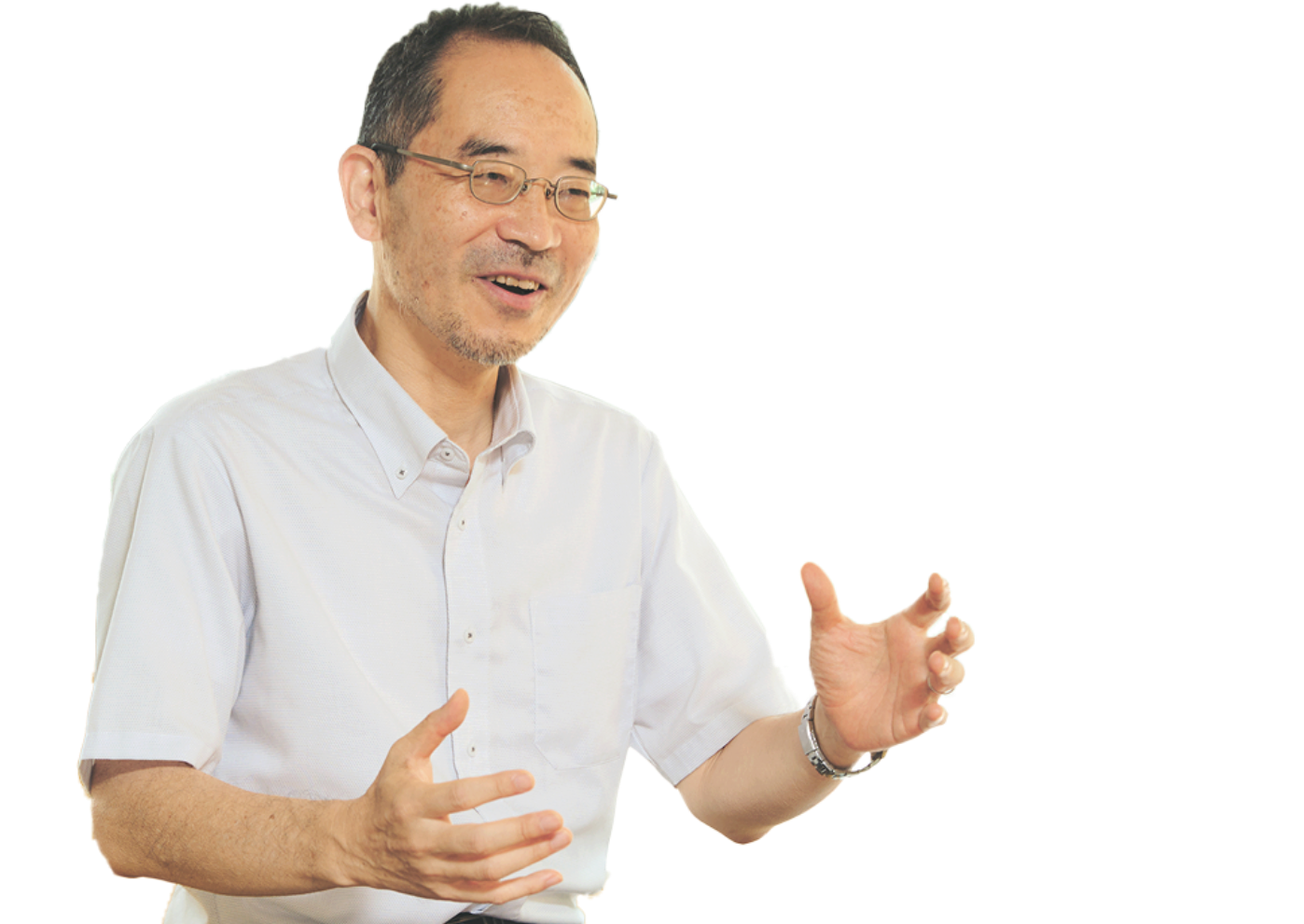
Director of Center for
Artificial Intelligence
Research
FUKUI Kazuhiro
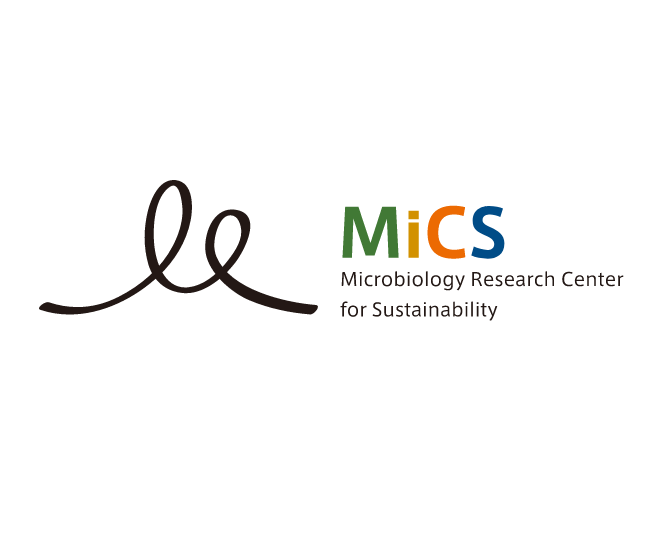
Most Microorganisms are invisible to the naked eye, yet their total biomass on Earth exceeds that of all animals, including humans, by over 50 times. They are integral to global biogeochemical cycles, inhabiting water, soil, and other ecosystems. The human gut alone contains around 60 trillion microbial cells—surpassing the body’s 38 trillion human cells—underscoring the profound symbiosis between microbes and life on Earth. Directed by Nobuhiko Nomura, the Microbiology Research Center for Sustainability (MiCS) promotes the elucidation of the unknown, control, and application of microbes through interdisciplinary collaboration across medicine, natural sciences, engineering, agricultural sciences , and environmental and social fields.
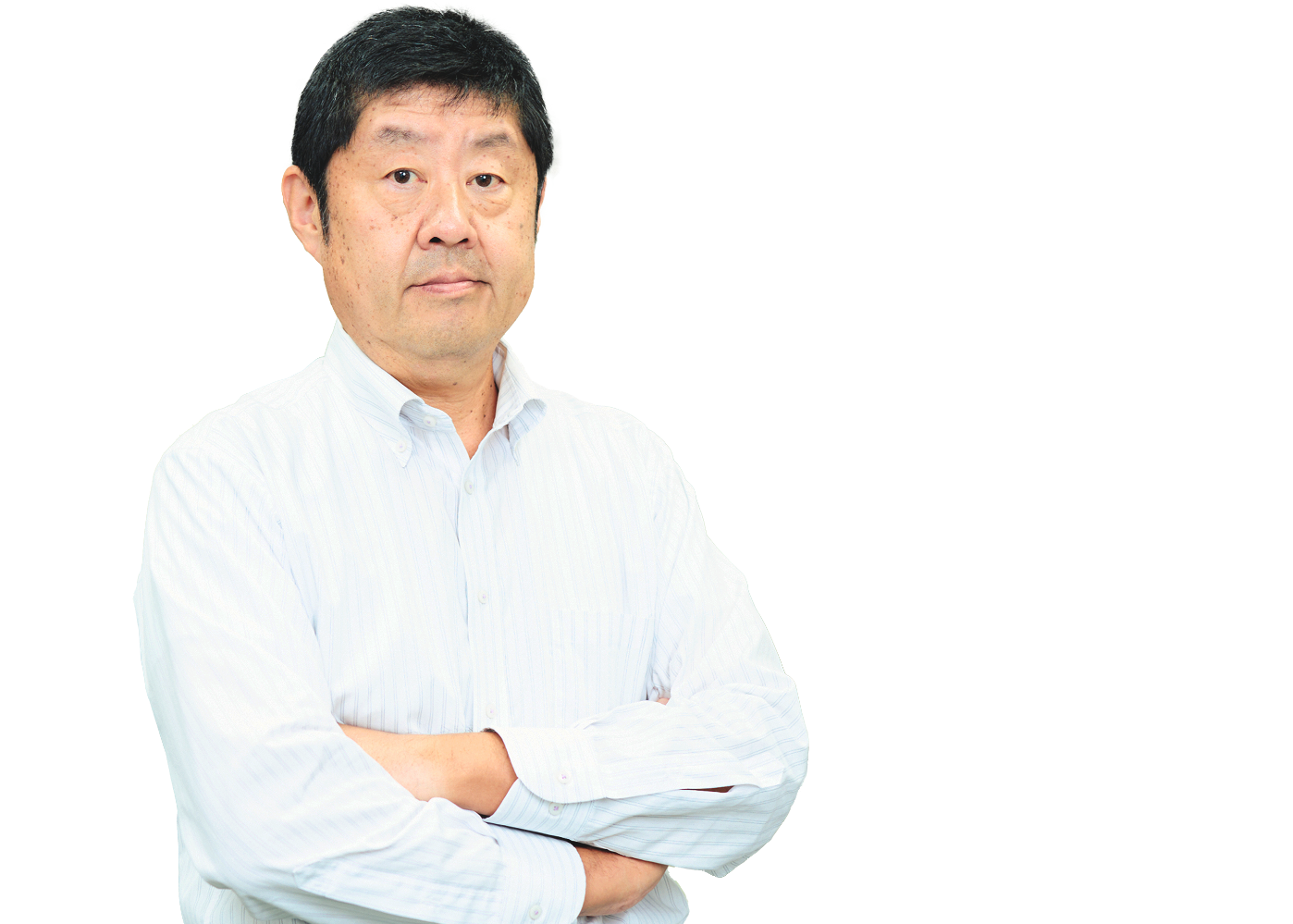
Director of
Microbiology Research Center
for Sustainability
NOMURA
Nobuhiko
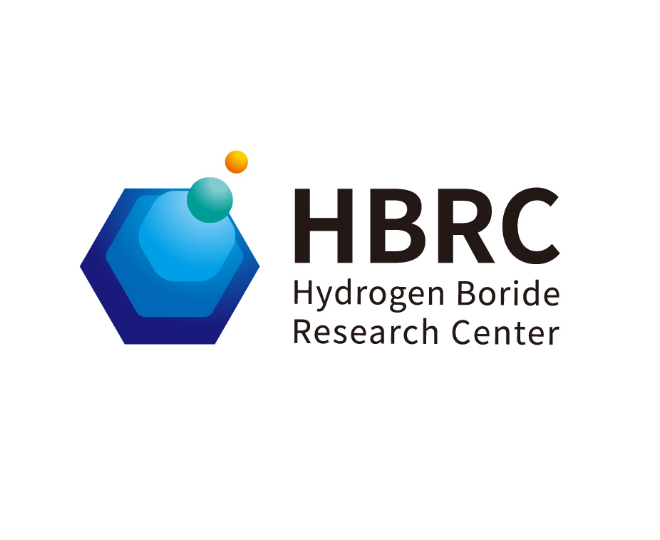
In 2017, a research team led by Professor Takehiro Kondo successfully synthesized hydrogen boride, a material that plays a key role in hydrogen production, transportation, storage, and utilization, all of which are critical components for realizing a carbon-neutral society.
Hydrogen boride is expected to be used not only for hydrogen applications, but also as a fuel for laser fusion and in space exploration.
The Hydrogen Boride Research Center at the University of Tsukuba established on April 1, 2025, aims to become a global hub for hydrogen boride research, contributing to research and application across the fields of materials, fusion energy, space, health and medicine, and environmental energy.
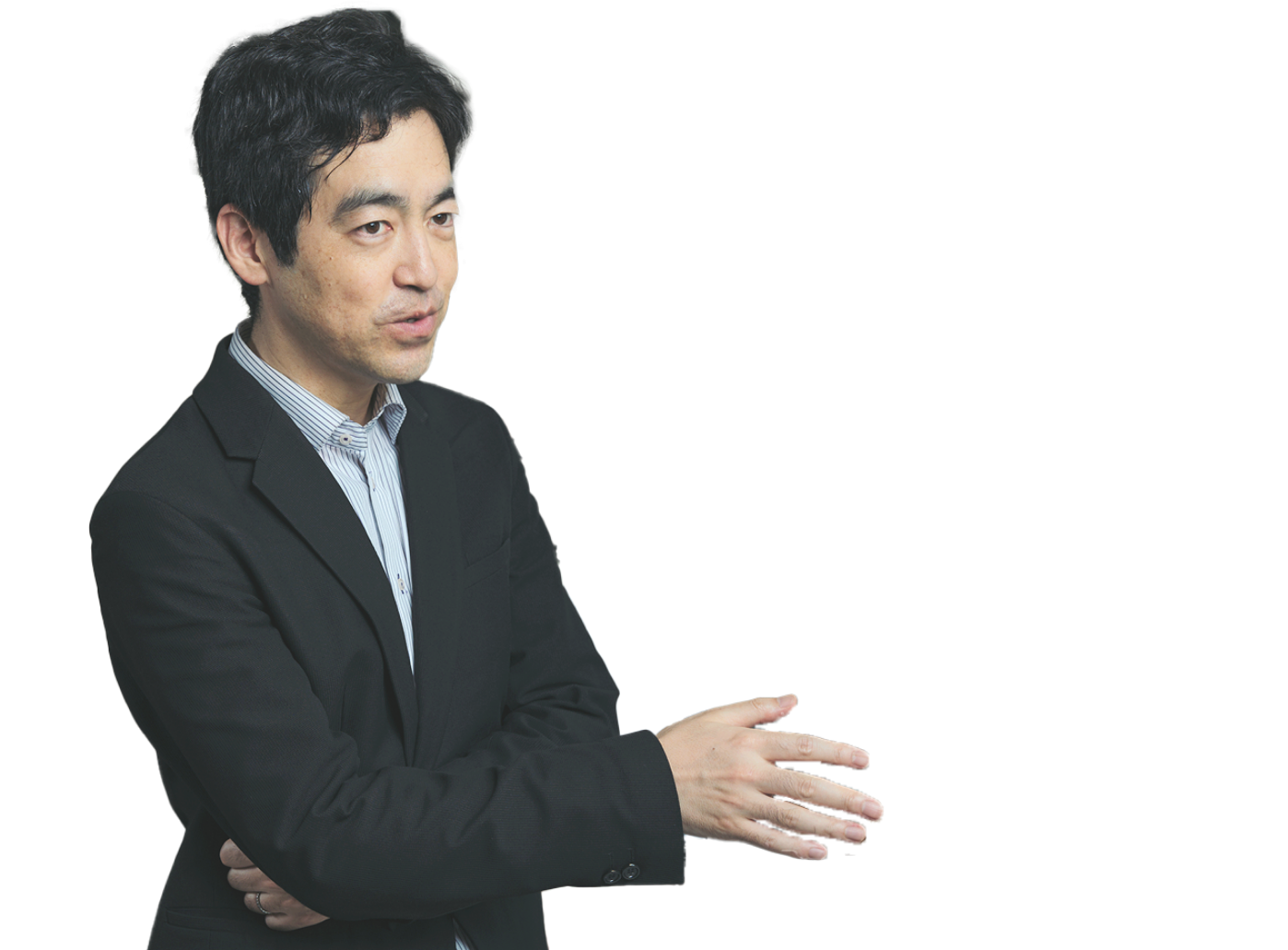
Director of
Hydrogen Boride Research Center
KONDO Takahiro
We are a research organization serving both researchers and society. We conduct research of the highest international standard, aiming to pioneer new fields and support the development of researchers. Through transdisciplinary exploration, we endeavor to create new academic value.

The Tsukuba Institute for Advanced Research is a research organization led by researchers, for the benefit of researchers and society. Colleagues from diverse backgrounds and fields leverage their expertise in their respective positions to support research activities.
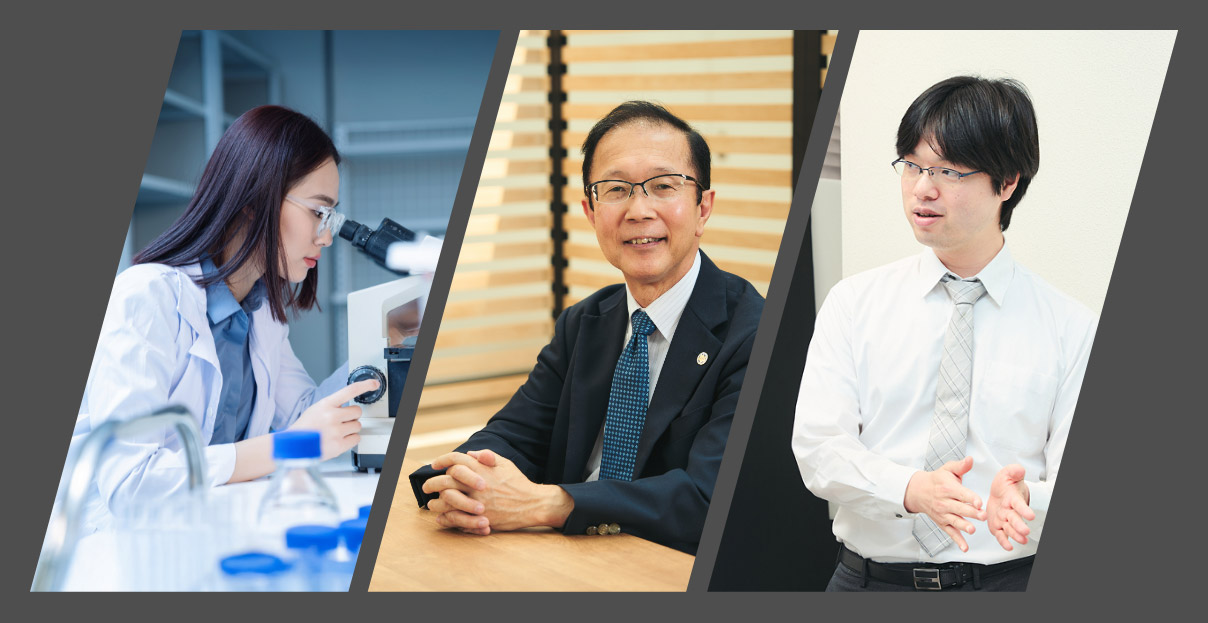
Please feel free to contact us regarding TIAR.